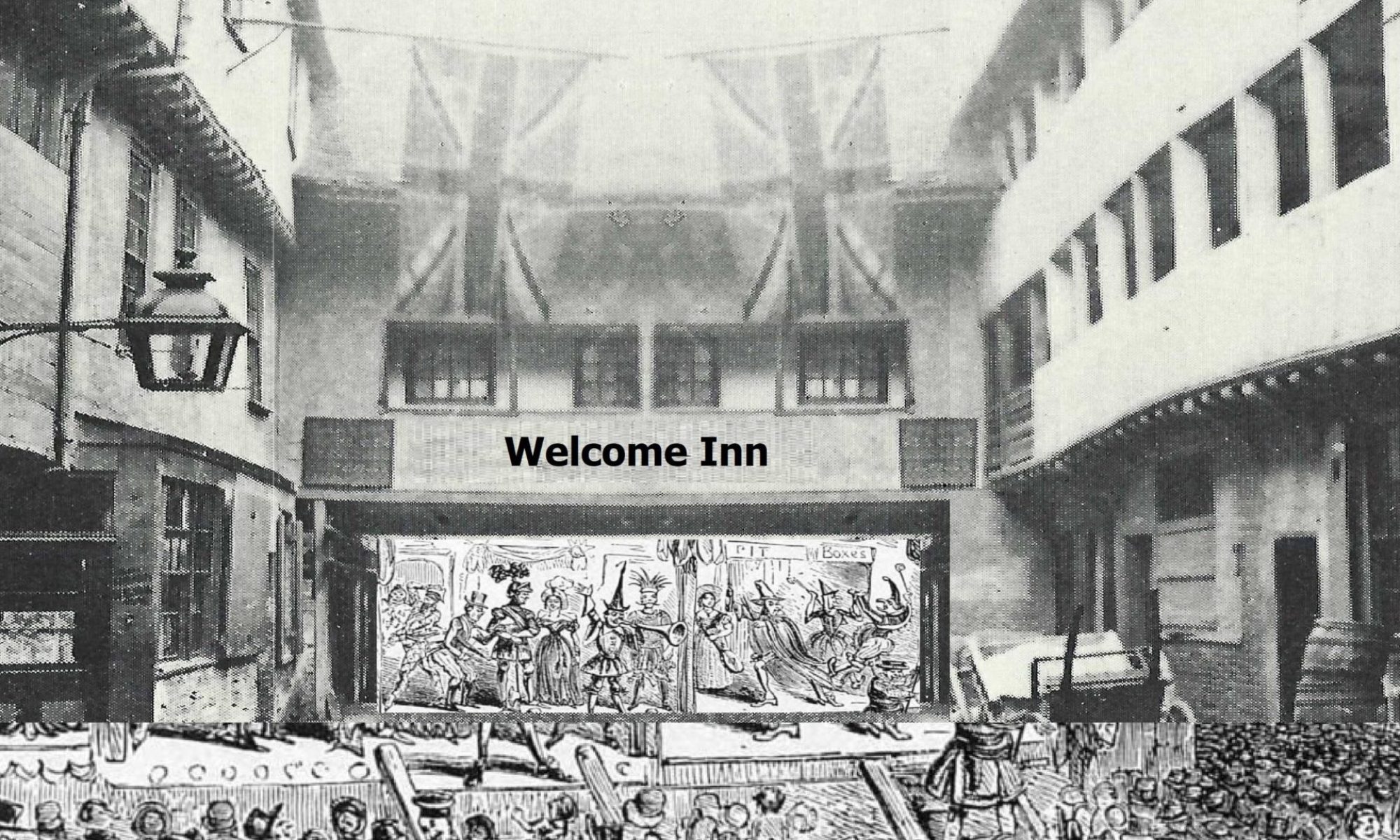Communities are formed around shared stories. The sharing of stories also lies at the heart of the practice of hospitality. It is not enough for the host to offer food and shelter, attention must be paid to the guest and time put aside to listen to their personal story. Through listening attentively to the personal stories of others we implicitly acknowledge their experience and validate their unique perspective on life, building the trust and interpersonal bonds that underpin a cohesive society. The relationships built through the exchange of stories allow people to feel ‘at home’; having a voice, the storyteller becomes ‘host’ and can in turn open up their world to others and bring new ideas and alternative points of view that can foster growth and creativity.
Listening to people’s stories should inform all strategies of social inclusion. This is indeed recognised within the 2018 Global Compact on Migration negotiated under the auspices of the UN.*
The stories that we tell of our own lives can assume very many different forms. The parts we choose to share, the style and indeed the language in which we tell it will vary from context to context. In the company of strangers we very often want to know where people were born, by what journey did they get here, what do they do professionally, what is their religion, their mother tongue. Life journeys are precious and they reveal the diversity within a community pointing up its transnational, multilingual and pluricultural textures.
Such stories need to be heard and they should inform the story of the local community. But what forms might this local community story take? It can be told by historians, by the local council, by the tourist board. All such stories have their purpose but they typically speak about, or at best, on behalf of the community itself. How and why might we encourage community stories that are told by the local community itself – collectively, collaboratively? Just as it is empowering and often therapeutic to be able to tell a personal story in one’s own time and style to an attentive and sensitive audience, so too it can be empowering and potentially restorative for a community to tell its own story. To be part of that story and to participate in its narration is to be included in the local community as active participant on two levels fostering a sense of both spatial and also social attachment, even amongst those who have recently arrived or intend to stay for a limited period.
As we slowly emerge from the lockdown we should seize the opportunity to tell this sort of community-affirming story. This has been a period of deep uncertainty and disruption; experiences have been very different as have the range of emotions. For many it has been and continues to be a very difficult, painful time. The support of local community is appreciated perhaps more than ever before.
